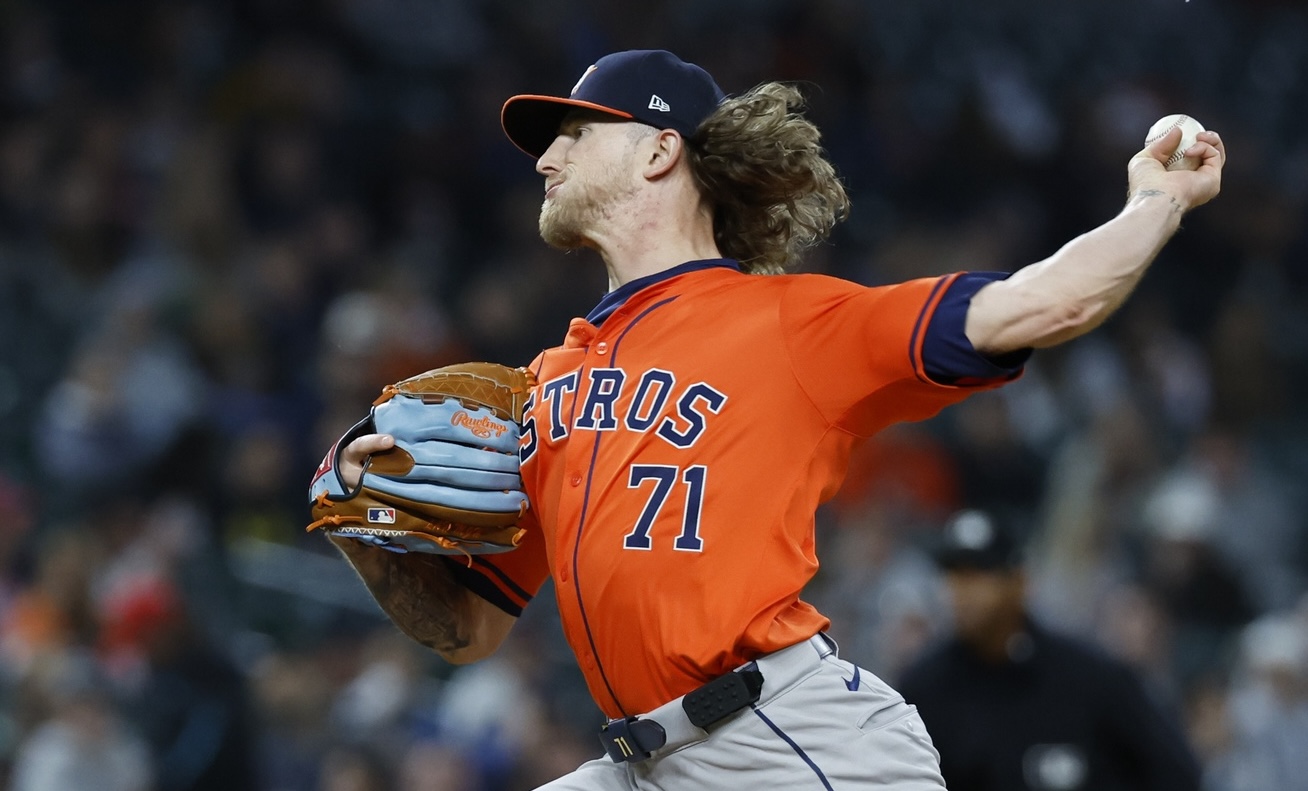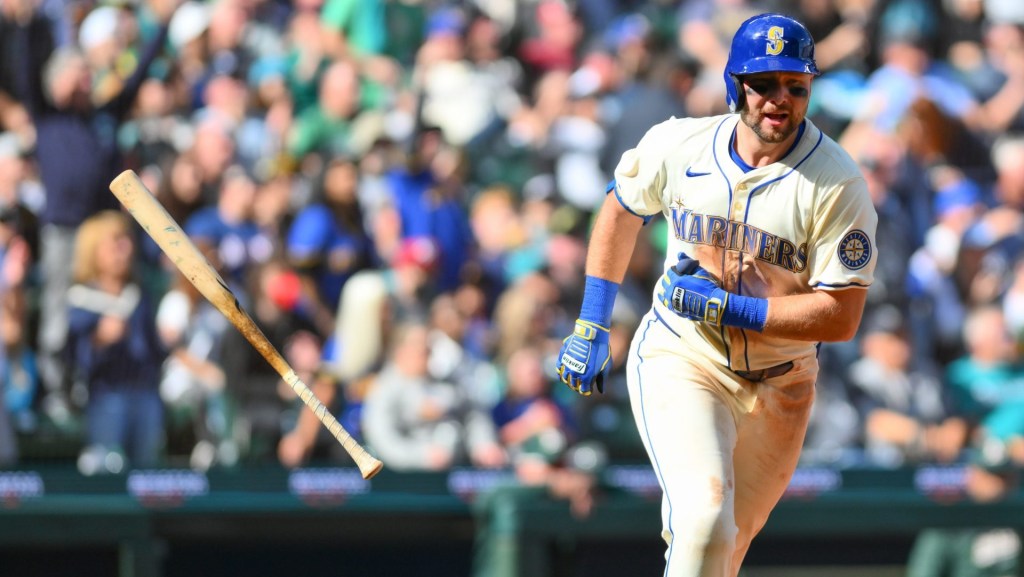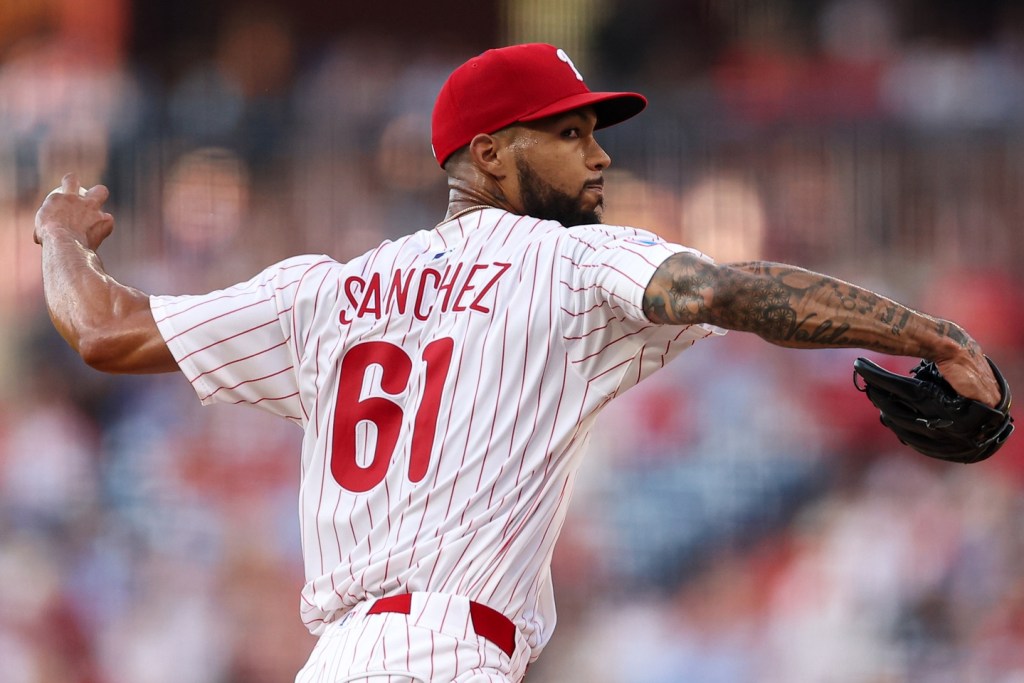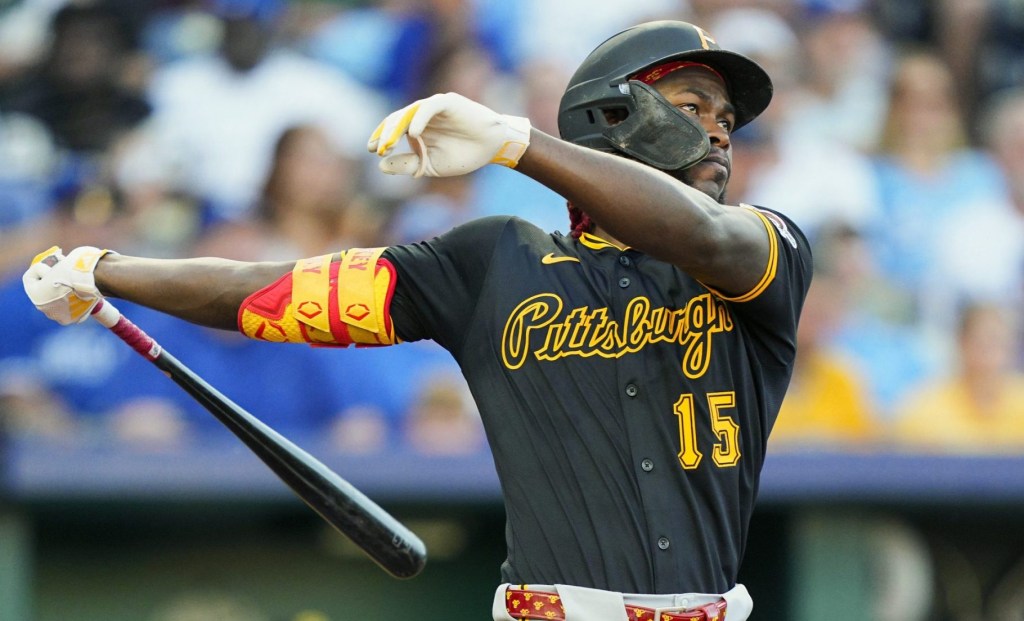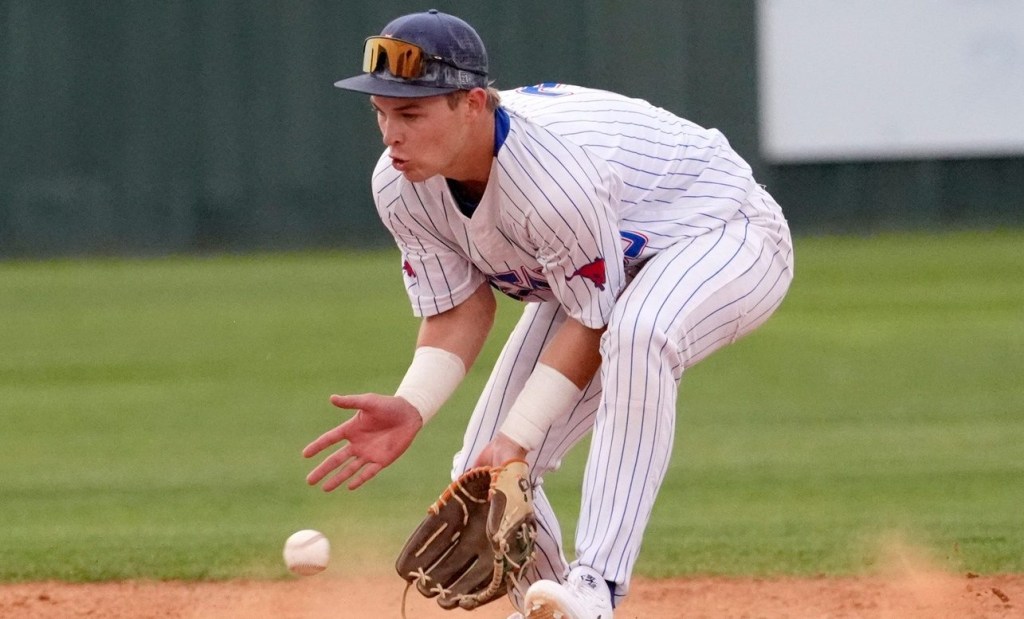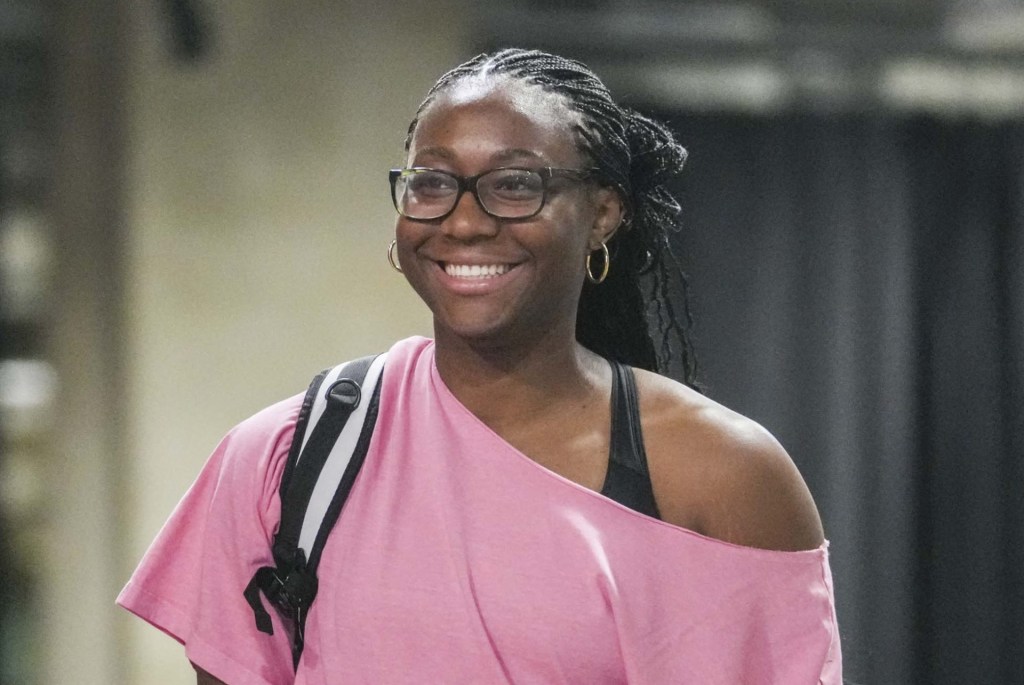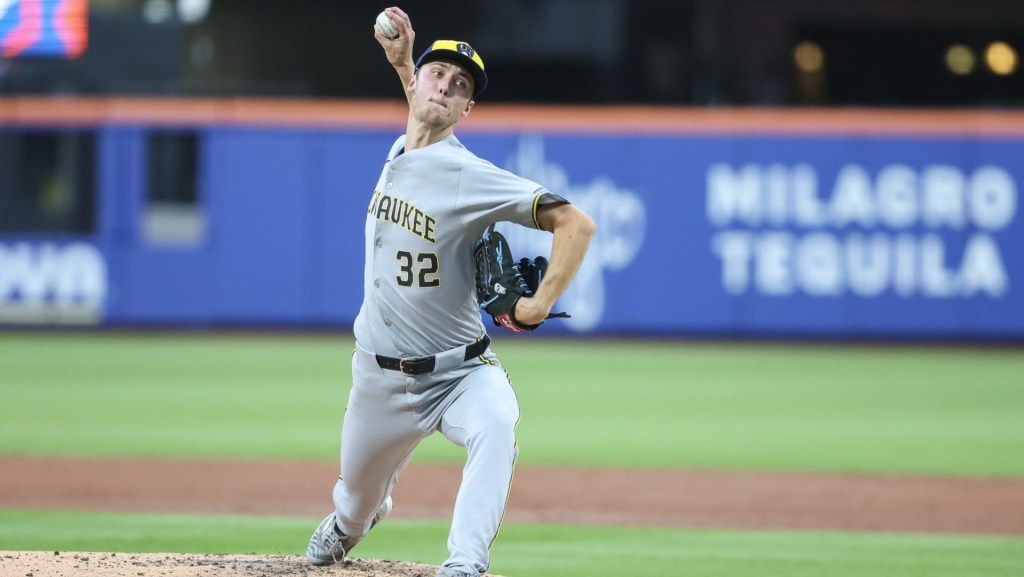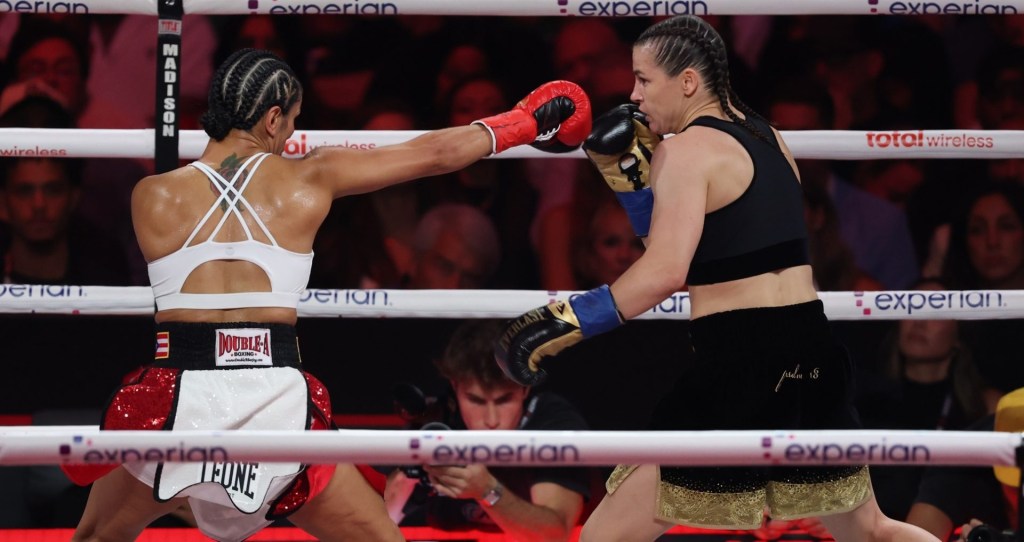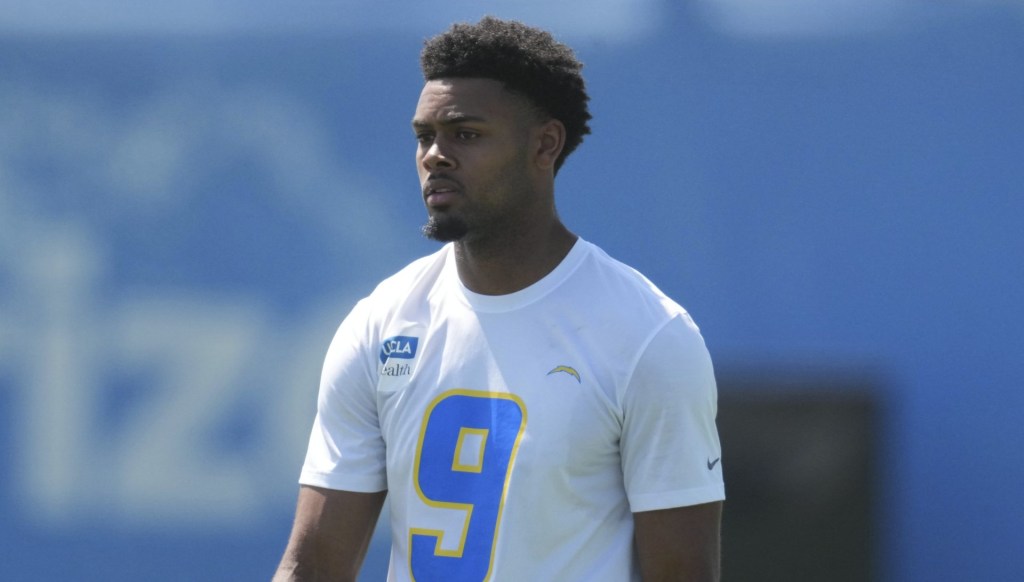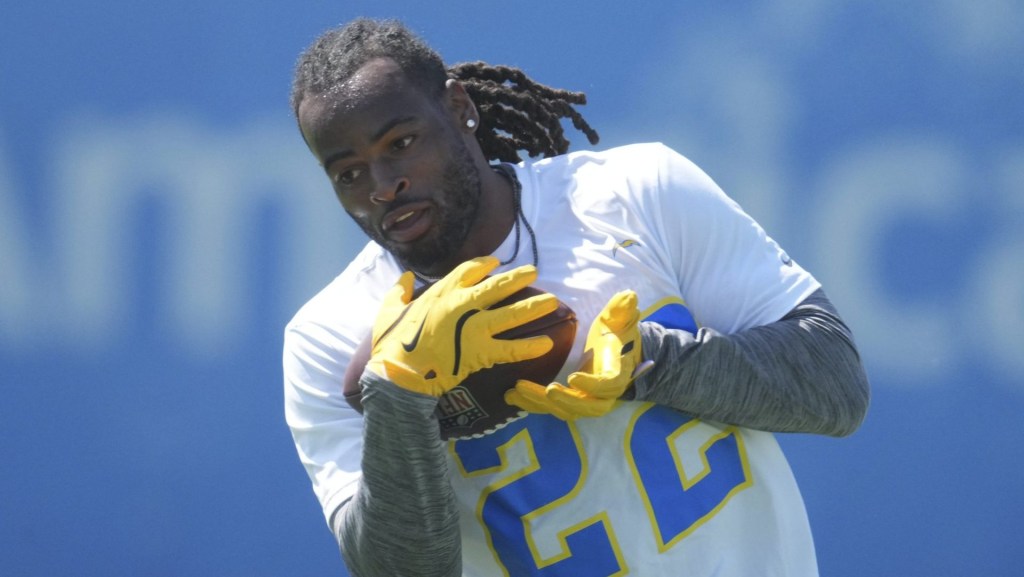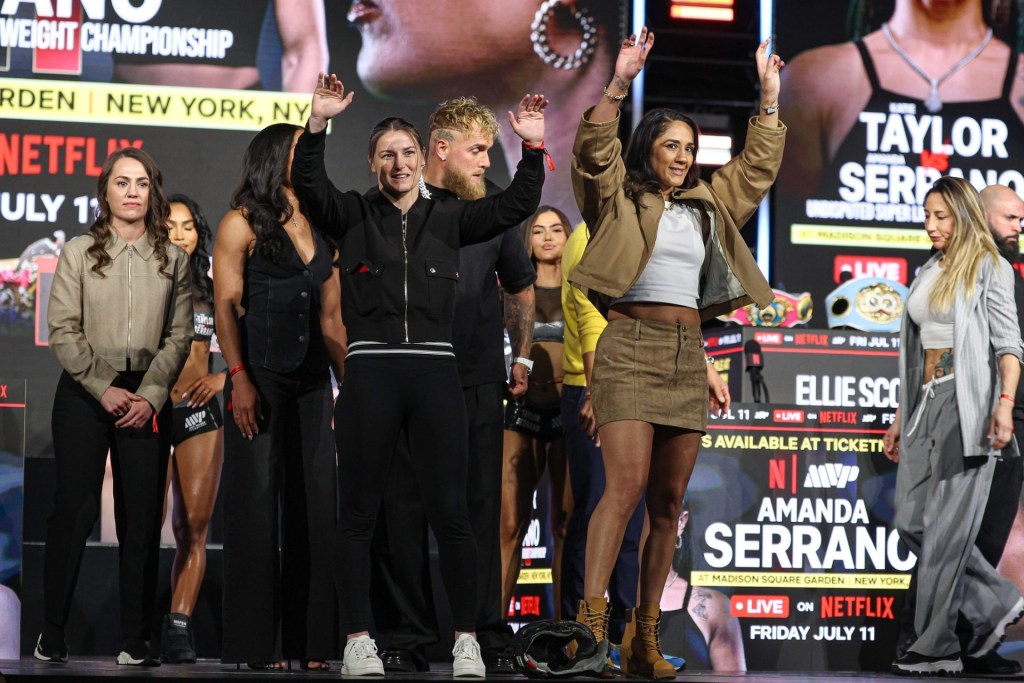Superstar closer Josh Hader has spent the past four years across multiple teams operating his own rules.
One of the best relievers in the game, Hader and his agent were fed up after losing a 2019 arbitration case against the Brewers. At the time, Hader was years away from hitting free agency, and he was being punished in arbitration hearings for how Milwaukee was using him, deflating his save numbers while racking up punishing multi-inning outings. He and his representation decided to take matters into his own hands and restrict his usage until he got a long-term deal from a team. That came this past offseason in the form of a five-year, $95 million contract from the Astros.
On Tuesday, Hader and the agent, Jeff Berry, revealed to ESPN how they’ve handled the past four seasons.
“From the outside looking in, some people would say it’s selfish; some people feel like players should do what they’re told,” Hader said. “But if I get hurt, I’m not able to work. Sometimes you have to protect yourself.”
In 2019, Hader posted a 2.62 earned run average at age 25 for the Brewers, his second All-Star season, and saved 37 games. That offseason marked his first round of arbitration, and Hader thought he was worthy of a raise. Berry asked for $6.4 million. The Brewers countered with $4.1 million, setting up an arbitration hearing to decide the amount.
MLB’s arbitration system, where players and teams argue over value in the years before players are eligible to become free agents, can be grueling for players, with teams aggressively trying to constrain costs. Even MLB itself said in 2023 that arbitration leads to “unnecessary acrimony between Clubs and players and wastes an enormous amount of time and money.” (Berry also revealed in the ESPN story that he was the source for a notorious story about the league office awarding an annual championship belt to the team that saved the most money in arbitration.)
The process, and its result, was eye-opening for Hader and Berry. MLB and the Brewers’ case against Hader was about his low number of career saves. Milwaukee also had no issue bringing up offensive social media posts Hader made as a teenager, long before his major league prospects were legitimate. Despite Hader having multiple roles out of the bullpen in his young career, his lack of saves cost him money as a result of the league’s process. After Hader lost his case, current Mets president of baseball operations David Stearns, who was running the Brewers at the time, told Berry, “He’ll make his money in free agency.”
“What I heard in that room was how they valued relievers,” Hader told ESPN. “And it was 100% based on saves.”
So Hader and Berry decided to make a set of rules to both preserve his health and maximize his save chances ahead of the 2020 season. It’s not something any player can get away with, but elite talent can. When LeBron James asked for an extra day added to the NBA All-Star break, the league added it. Had Raymond Felton made the request, the league office would have responded with, “Who?” But Hader was and still is considered one of the game’s best relievers, which is why he had the leverage to do so.
Hader and Berry ultimately hatched up three rules for the Brewers that year: He can’t pitch more than two days in a row, he wouldn’t pitch more than three outs, and he could be used in only a save situation or tie game. The concept broke the ceiling of load management.
Berry told ESPN that when he called Stearns with the news, he was met with disbelief, but that manager Craig Counsell ultimately went along with the plan.
“It’s hard to disagree with it,” Counsell, now the manager of the Cubs, said. “I think Josh had worked really hard up to that point, and done whatever the team had asked him to do. More than anything, Josh was trying to stay healthy. … How can I not agree with that? Especially after what he had done.”
For the next two and a half seasons, Counsell managed Hader with the rules in mind and said he never felt limited by them. A handful of times, Hader broke his own rules, pitching three days in a row three times during the 2021 season, but never in a low-leverage situation. When Hader was traded to the Padres during the ’22 season, the rules followed him to San Diego.
It took months—and a shoulder injury to Kendall Graveman—for the market for Hader to materialize this winter, but, in January, Houston finally picked up the phone and offered him a five-year, $95 million deal, giving him the long-term money and stability he had sought for years.
With the Astros making a serious commitment to Hader, his personal usage rules died as the ink dried on the contract. He’s gone past three outs three times already and, after a rocky April, he’s dominating again, allowing just one run in his last 10⅓ innings.
